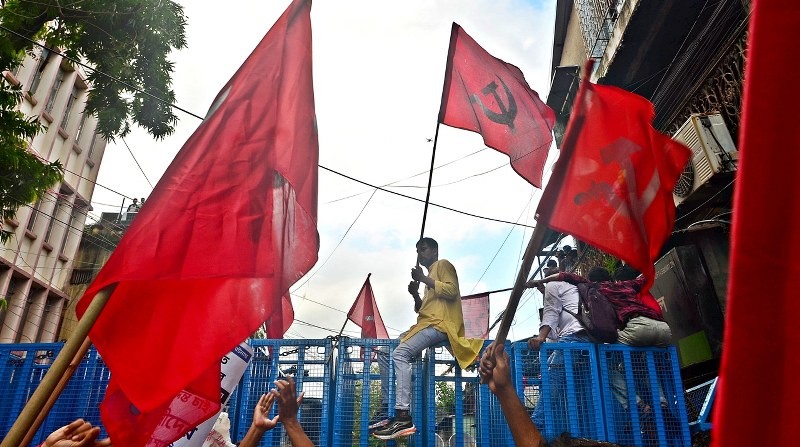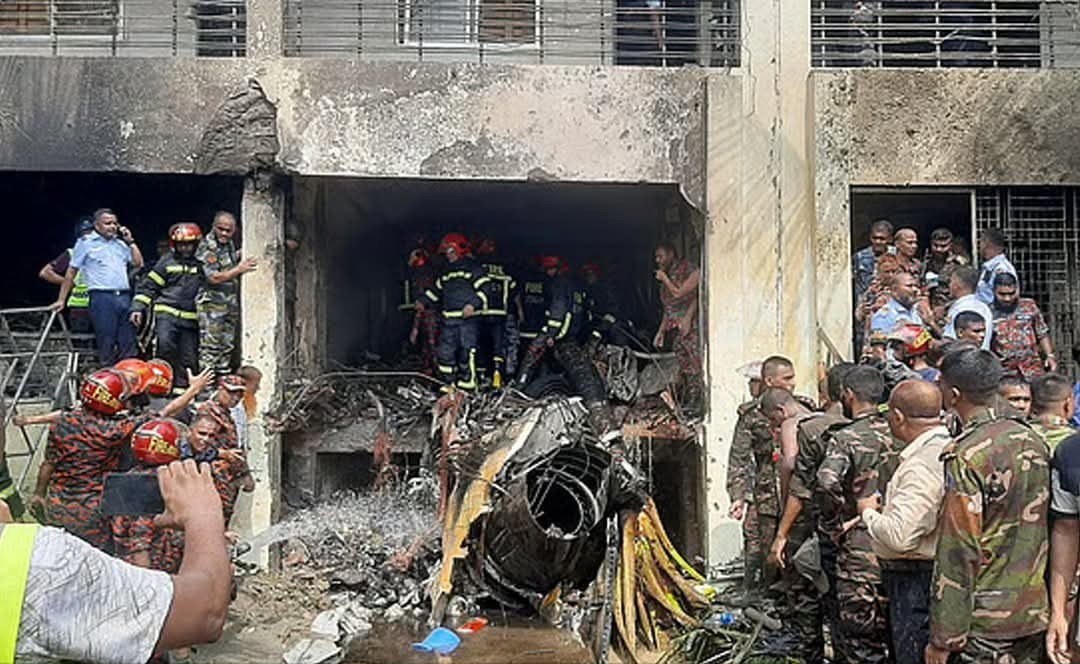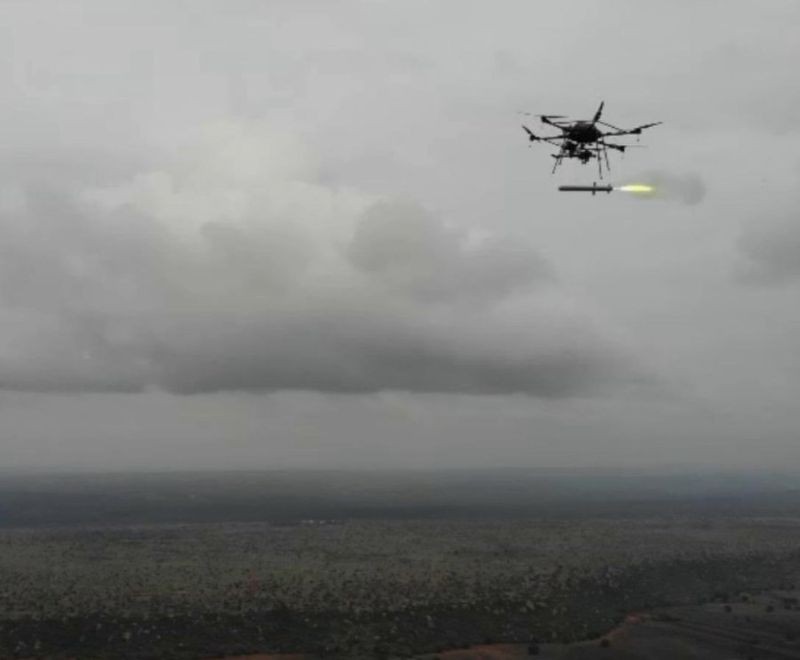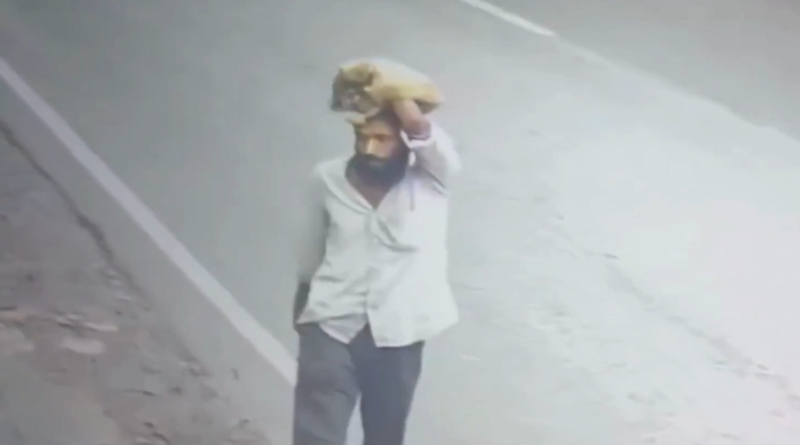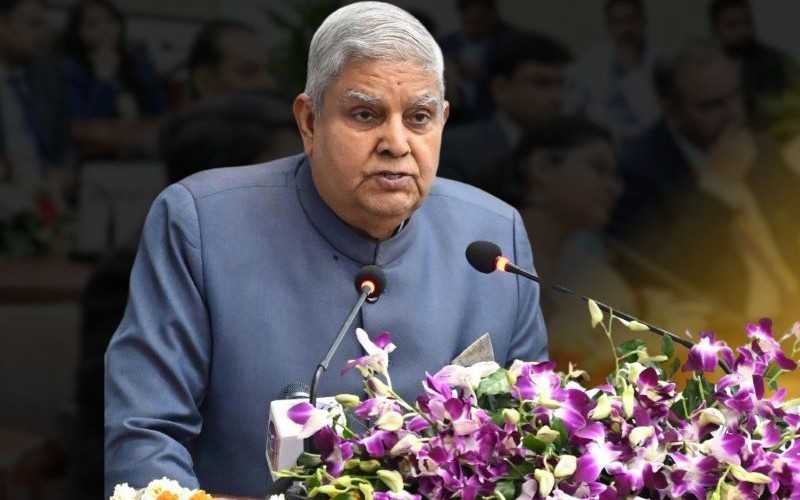'One Nation, One Election': Modi govt forms Ram Nath Kovind-headed committee to discuss the agenda
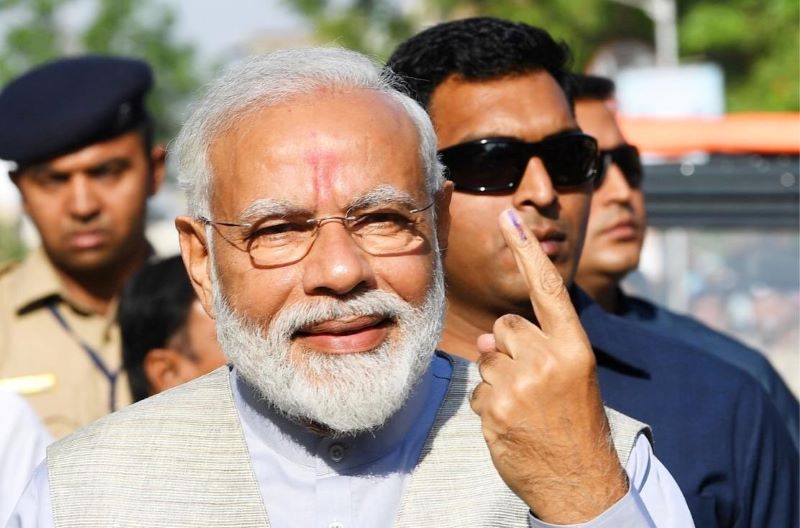
New Delhi/IBNS: The central government on Friday constituted a committee- to be headed by former President Ram Nath Kovind- to explore the possibilities of Prime Minister Narendra Modi and his Bharatiya Janata Party (BJP)'s vision towards holding Lok Sabha and assembly elections across the country simultaneously, reports claimed.
The report emerged a day after the government called a special session- to be held between September 18 to 22- but nothing on the agenda was spelt out officially.
Prime Minister Modi, a proponent of holding all elections simultaneously, had earlier called for "One Nation, One Election" that, he claims, would prevent the country from always being in the election mode which halts the "developmental works".
Modi, who is committed to the idea of 'One Nation, One Election', reiterated his wish for a discussion on the agenda in his first Independence Day speech after getting re-elected for the second term in 2019.
While BJP, a party which has expanded across India over the last few years in the Modi era, wants the country to plunge into the election mode once in five years, the Opposition argue the country's ruling party aim to steamroll the regional parties, which are perceived as weaker in mass and money as compared to the national outfits.
Discussion begins amid Opposition's regrouping
As timing becomes key in politics, the Centre's calling of a special session and the constitution of the committee comes at a time when over 20 opposition parties have grouped themselves to form an alliance- named INDIA- to take on the mighty BJP and its poster boy Narendra Modi in the 2024 General Elections.
The party's leaders of INDIA alliance are presently in Mumbai to strategise for the upcoming Lok Sabha polls, which will give Modi a chance to become the Prime Minister for the third term.
'One Nation, One Election' not new in India
In the first few years since India's Independence, elections were held simultaneously. Polls were held across India together in 1952 and 1957.
The cycle of election broke first in 1959 after then Prime Minister Pandit Jawaharlal Nehru uninstalled the Communist government in Kerala through Article 356.
In another instance in 1967, several state governments formed by the defectors of Congress fell due to instability resulting in further rupture of the 'One Nation, One Election' mode.

